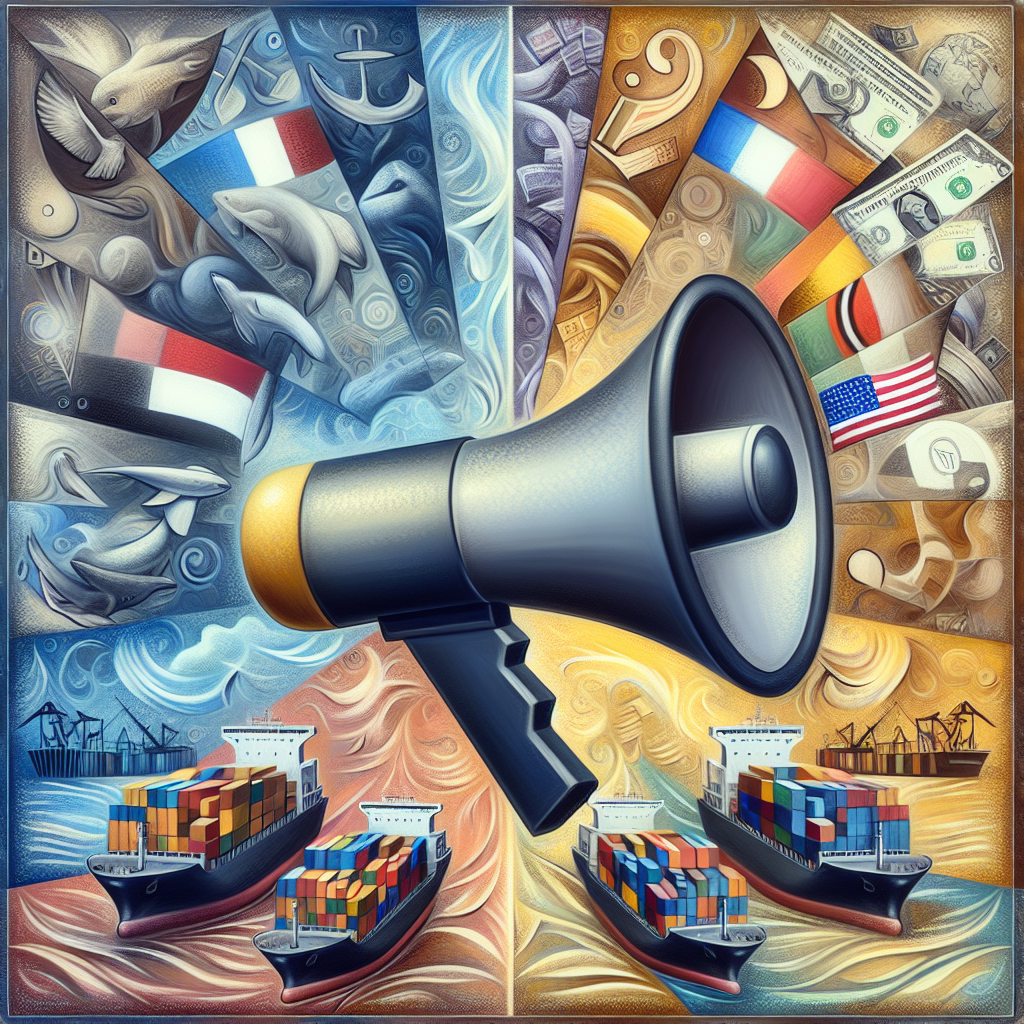Global Economic Tensions Rise Amid U.S. Tariff Escalations
Following the U.S. announcement of new tariffs, several nations, including the EU, China, and Japan, are planning countermeasures. While Canada vows direct action, Mexico opts for a strategic program. Australia seeks negotiation, and Brazil looks at legal avenues. Countries vary in their responses to protect economic interests.

Amid escalating global economic tensions, the U.S. has introduced a new 10% baseline tariff on goods from various countries, with additional reciprocal tariffs targeting nations deemed to have high trade barriers. President Donald Trump's actions have invoked a spectrum of responses from governments worldwide.
The European Union, led by European Commission President Ursula von der Leyen, is finalizing countermeasures, particularly focusing on steel. China has labeled the tariffs as 'firmly opposed' and vows to protect its national trade interests. In Japan, Trade Minister Yoji Muto criticized the move as 'extremely regrettable' and sought U.S. exemptions for Japan.
In North America, Canada is poised to respond with forceful counter-tactics, while Mexico plans a comprehensive strategy to address the situation. The United Kingdom, under Prime Minister Keir Starmer, seeks a balanced trade deal, avoiding retaliatory actions. Australia, meanwhile, pursues negotiation over confrontation, aiming to shield its market from rising costs. Brazil evaluates potential actions, including World Trade Organization interventions, to maintain trade parity.
(With inputs from agencies.)










